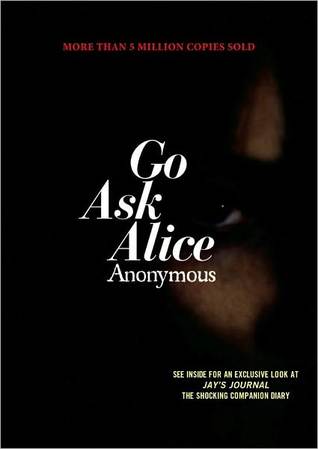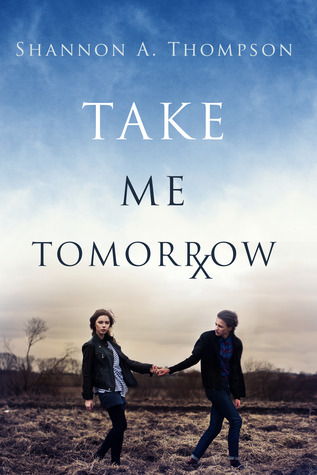
Welcome to Let's Talk Tough, a week-long series here at The Book Bratz where we discuss some hard topics in YA literature. Today's topic is the use of drugs in YA books.
So, today is the last day of the Let's Talk Tough mini series and today's topic is, as we just mentioned, about drug use in YA. It's a topic that doesn't show up in every YA book, but a decent amount. Think about how many YA books you've read where the main character (or a friend or sibling or parent) takes pills. Smokes pot or cigarettes or meth or crack or takes heroine. The whole nine yards - you know what we're talking about.
Do the YA books that feature these problems do them justice? We definitely think so. These books show the firsthand struggle of characters in regards to the actual addictions themselves and the struggles that led them to reach that point - insecurities, a loss, or something far worse. In Crank by Ellen Hopkins, the main character is modeled after her own daughter.
These struggles do happen - and they aren't always struggles. Some main characters use drugs and cigarettes for recreation. Which, despite how it seems okay, isn't. Why is it okay to show young readers about smoking and alcoholism can be a suitable passtime for teens? Yes, it happens, but no, it is under no circumstances ever okay. The argument that "teenagers will be teenagers" doesn't even work because you don't want to turn young readers onto these practices - rather, away from them.
As for the addictions, these books definitely provide firsthand insight on these problems. As someone who has never dealt with these types of problems, when you hear about people addicted to drugs you may just think to yourself, "Why don't they just stop? Like, seriously. They can just not let their feet walk out the door and take them to these stores and dealers. It can't be that hard."
Well, plenty of YA books show you that it can be that hard. And it is that hard. (Again, we don't have any personal experience with this topic, but from all of the YA books we've read that claim to accurately depict these struggles, it seems that way.) You can't just wake up one morning and say, "I'm going to stop taking cocaine today. I really mean it. I'm done, as of right now." To shed a thin light of humor on the situation, it's the same way with dieting. You don't wake up one day and declare that you will never eat a single processed or unhealthy thing for the rest of your natural life. How many times have you failed? More than you'd like to admit, probably. We have, too.
Long story short, it is important for YA books to properly depict the struggles behind drug abuse - from the horrors that led them there to the horrors that occur during the addiction and even the horrors that may occur afterward. Each teenage addict has a certain event that pushed them to the point where they felt helpless, and although that doesn't excuse their actions in any way, it shows the reader how important it is to hear the full story before assuming that people just wake up and decide to be crack and heroin and meth addicts. It just doesn't happen that way.
These YA books turn fictional struggles of fictional characters until real stories that, even though you may not personally relate to, you benefit from as you learn and understand the true horrors of drug addictions among teenagers in society.
Just Some YA Books That Deal With The Topic of Drugs:



















No comments
Please note that if your comment doesn’t appear right away, it’s because we have to approve it. Make sure to click the Notify Me box so you can check back once your comment has been approved! ❤️